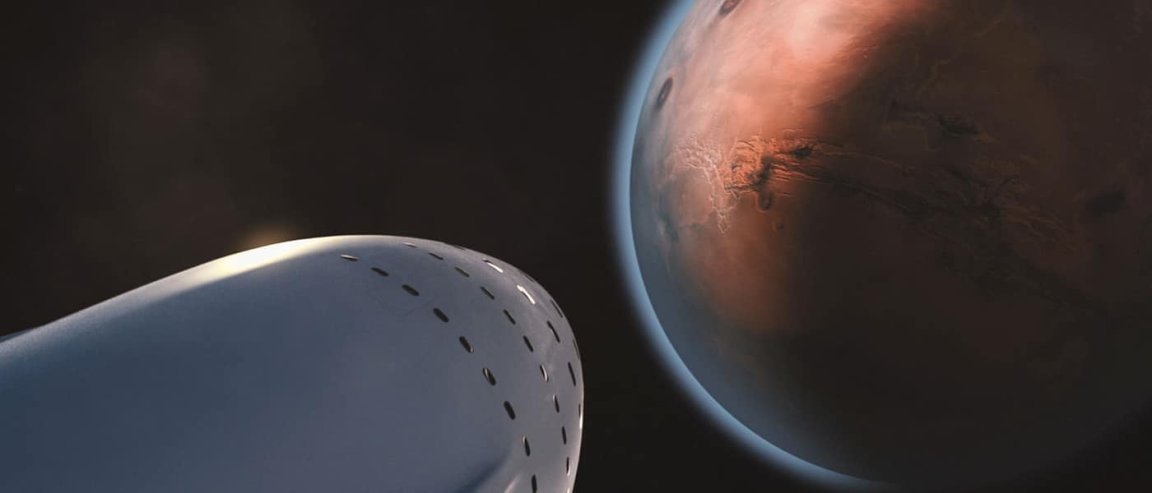
As far as we know right now, plans to go to Mars will proceed as expected under president-elect Donald Trump’s administration. That’s a good thing, especially considering that the missions lined up in the next few years are on aggressive timelines.
NASA isn’t the only organization aiming for Mars — several other government and private groups have the Red Planet in their sights. Here’s a survey of what’s in the works.
NASA’s Programs
With the U.S. Congress giving NASA the funds it needs to send manned missions to Mars, the space agency is serious about making it to our nearest neighbor. They are taking a multi-step approach, first focusing on improving human spaceflight capabilities through tests of technologies like the Space Launch System (SLS) megarocket out near the Moon.
Before it sends people to Mars, NASA has several more unmanned missions in the works. The first is InSight (Interior Exploration using Seismic Investigations, Geodesy and Heat Transport), which is set for a 2018 launch as part of the agency’s Discovery Program to put a geophysical lander on Mars to study the planet’s interior.
Speaking of landers, NASA also plans to send a rover to the Red Planet by 2020. This Mars 2020 Rover “will carry seven carefully selected instruments to conduct unprecedented science and exploration technology investigations on the Red Planet,” according to NASA.
Other plans in the pipeline include a sample return mission by the second decade of the 21st century, though no concrete plans have been revealed for that just yet.

ESA’s ExoMars: Take Two
After a botched landing of its ExoMars lander earlier this year, the European Space Agency (ESA) is scheduled to have a second go at it by 2020. For the second mission, the ESA is including a rover equipped with a drill to allow for the study of Mars’ interior, as well as instruments for exobiology and geochemistry research. It will also include a Proton launcher provided by Russian space agency Roscosmos.

A Colony Courtesy of SpaceX
Ever since SpaceX was founded in 2002, CEO Elon Musk has aimed to make humankind an interplanetary species. In order to carry out its plans to establish a human colony on Mars in the next 50 to 100 years, SpaceX is building the Interplanetary Transport System (ITS), which is designed to ferry 100 settlers to and from the Red Planet. Prior to that, the venture space company plans to send an unmanned mission to Mars in 2018, followed by a manned one in 2025.

Mars One On Hold?
SpaceX isn’t the only company looking to establish a colony on Mars — Netherlands-based non-profit Mars One wants to be the first to establish a permanent human settlement on the Red Planet.
Th company’s plans include sending robotic precursor missions in 2020, 2022, and 2024, with the first settlers scheduled for launch in 2026 to land on Mars by 2027. Recently, the program had some trouble, suspending work on a couple of its robotic missions. In the meantime, Mars One continues its candidate selection process for astronauts and development of spacesuits for Mars.

Boeing Enters the Competition
The most recent company to express interest in joining the race to Mars is Boeing. The veteran rocket developer wants to beat newbie SpaceX to Mars, and both are currently working with NASA on program to ferry astronauts to the International Space Station. Though a detailed plan outlining Boeing’s missions to Mars hasn’t been released yet, according to Boeing CEO Dennis Muilenburg, “I’m convinced the first person to step foot on Mars will arrive there riding a Boeing rocket.”
